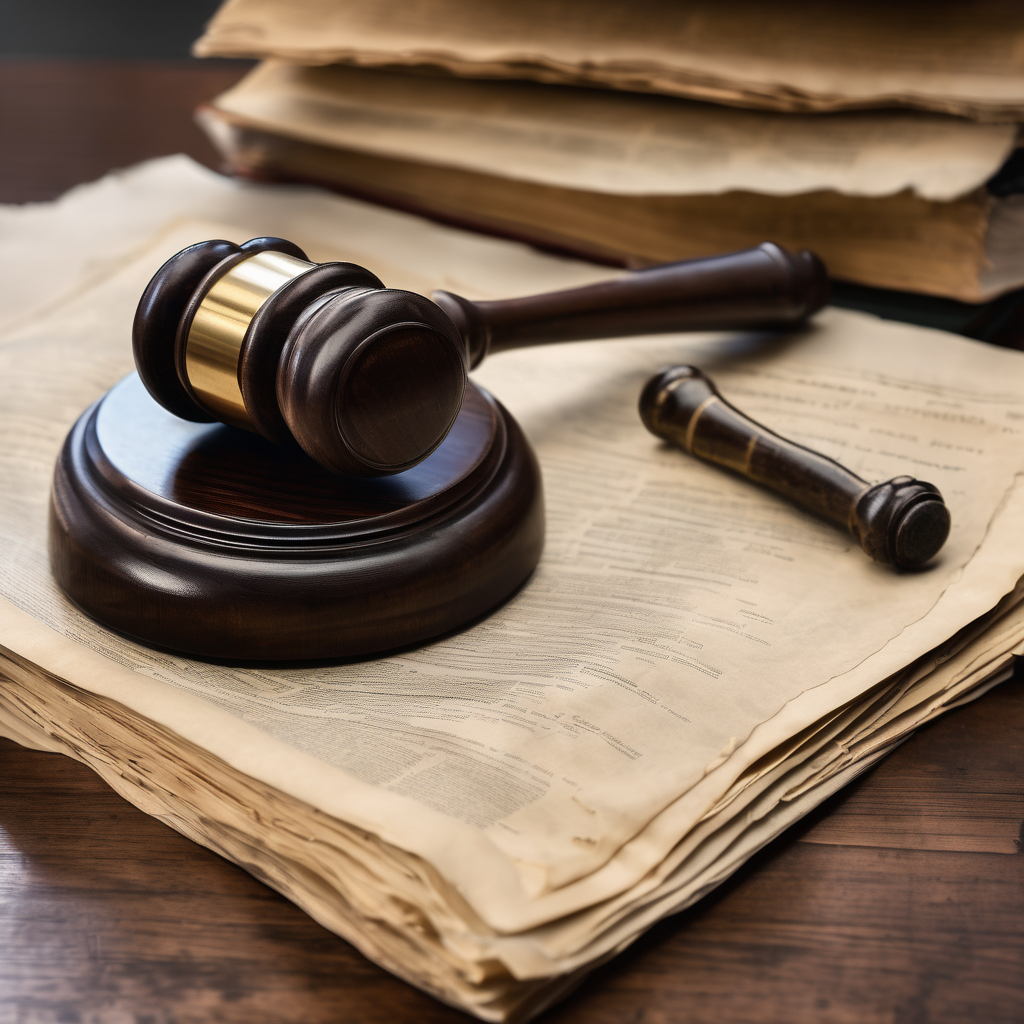The Acting Commissioner of the Fiji Independent Commission Against Corruption (FICAC), Lavi Rokoika, recently outlined the challenges faced in withdrawing corruption cases from the court during her appearance before the Parliamentary Standing Committee on Foreign Affairs and Defence. Rokoika emphasized key factors affecting these withdrawals, including the age of the cases and the availability of witnesses.
Many cases that FICAC is currently handling date back several years, with some originating as far back as 2013 and 2014. Rokoika expressed concern regarding the fading memories of witnesses, noting, “Sometimes these are cases from 2013, 2014 — very, very old cases — witnesses cannot recollect.” The difficulty in recalling events from so long ago complicates the prosecution process.
The loss of pivotal witnesses has posed additional challenges, with some having passed away or moved abroad. Rokoika labeled this as one of the “main problems” faced by prosecutors. Additionally, changes in leadership within FICAC have led to decisions to withdraw specific cases, particularly when they are deemed not to be in the public interest. Rokoika stated, “I’ve closed some cases; because I feel it’s not in the public interest for us to be going after $300,” highlighting the careful consideration of public interest in the decision-making process.
This situation highlights the need for prompt action and the establishment of effective judicial processes, a key focus in FICAC’s ongoing reform initiatives. Rokoika has previously advocated for the reintroduction of a specialized anti-corruption court, aiming to address the backlog created by the dissolution of the Anti-Corruption Division in 2023. The existing backlog often hampers timely hearings and stretches judicial resources thin.
To tackle these challenges, FICAC has launched a new strategic plan designed to enhance operational efficiency and build public trust in its anti-corruption efforts. Recent reforms include the creation of a Special Taskforce dedicated to long-standing cases to ensure timely investigations.
Despite these significant challenges related to aging cases and witness availability, there is a hopeful outlook for Fiji’s ongoing battle against corruption. Growing public awareness and continued efforts to strengthen the judicial system may pave the path toward a future where justice is delivered more efficiently and effectively, ultimately reinforcing the integrity of governance in Fiji.
